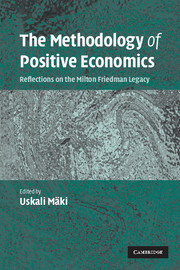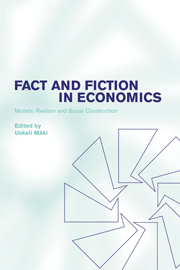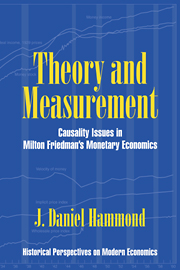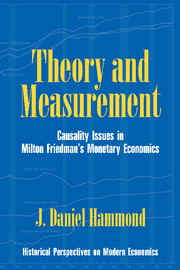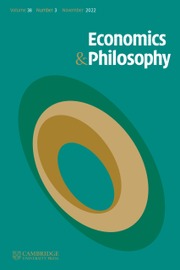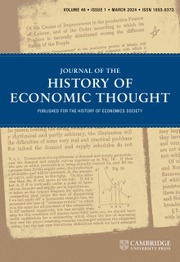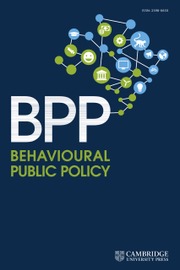The Methodology of Positive Economics
Milton Friedman's 1953 essay 'The methodology of positive economics' remains the most cited, influential, and controversial piece of methodological writing in twentieth-century economics. Since its appearance, the essay has shaped the image of economics as a scientific discipline, both within and outside of the academy. At the same time, there has been an ongoing controversy over the proper interpretation and normative evaluation of the essay. Perceptions have been sharply divided, with some viewing economics as a scientific success thanks to its adherence to Friedman's principles, others taking it as a failure for the same reason. In this book, a team of world-renowned experts in the methodology of economics cast new light on Friedman's methodological arguments and practices from a variety of perspectives. It provides the 21st century reader with an invaluable assessment of the impact and contemporary significance of Friedman's seminal work.
- First book-length analysis of one of the most important essays in the history of economic methodology
- Chapters written from a variety of different perspectives allowing readers to form their own opinion about the significance and impact of the work
- Written by a team of world-renowned experts on the methodology of economics
Reviews & endorsements
"These papers are not only an indispensable summary of past scholarship but also a useful guide for future scholars aiming to extend this conversation into the 21st century. Highly recommended." - Choice
Product details
July 2009Adobe eBook Reader
9780511536953
0 pages
0kg
This ISBN is for an eBook version which is distributed on our behalf by a third party.
Table of Contents
- List of figures
- List of tables
- List of contributors
- Preface
- Part I. The Classical Essay in 20th Century Economic Methodology: The methodology of positive economics (1953) Milton Friedman
- Part II. Reading and Writing a Classic:
- 1. Reading the methodological essay in twentieth century economics: map of multiple perspectives Uskali Mäki
- 2. Early drafts of Friedman's methodology essay J. Daniel Hammond
- 3. Unrealistic assumptions and unnecessary confusions: rereading and rewriting F53 as a realist statement Uskali Mäki
- Part III. Models, Assumptions, Predictions, Evidence:
- 4. The influence of Friedman's methodological essay on economics Tom Mayer
- 5. Did Milton Friedman's methodology license the formalist revolution? D. Wade Hands
- 6. Appraisal of evidence in economic methodology Melvin Reder
- 7. The politics of positivism: disinterested predictions from interested agents David Teira Serrano and Jesús Zamora Bonilla
- Part IV. Theoretical Context: Firm, Money, Expected Utility, Walras and Marshall:
- 8. Friedman's 1953 essay and the marginalist controversy Roger Backhouse
- 9. Friedman (1953) in relation to theories of the firm Oliver Williamson
- 10. Friedman's selection argument revisited Jack Vromen
- 11. Expected utility and Friedman's risky methodology Chris Starmer
- 12. Friedman's methodological stance: causal realism Kevin D. Hoover
- 13. On the right side for the wrong reason: Friedman on the Marshall-Walras divide Michel De Vroey
- Part V. Concluding Perspectives:
- 14. The debate over F53 after 50 years Mark Blaug
- 15. Final word Milton Friedman
- References
- Index.

